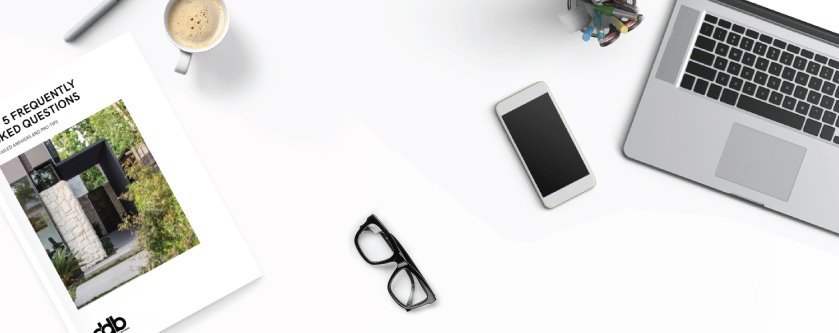
EMAIL #79, - 11TH, JULLY, 2020 - HUMANS OFTEN THRIVE IN A CRISIS
Hi Team,
How our circumstances can change in the course of one week. Melbourne going back into "stage three shutdown" for the next 6 weeks, has been a real shock for us all. I am personally still trying to process what is happening, but I am well aware that the next 6 weeks will present a whole new set of personal and professional challenges. I believe the biggest challenge we will all face will be with our mental health and the state of mind of our children. As the leaders of our families our main focus for the next few weeks must be on helping ourselves and our children to cope with the psychological challenges of being shut in at home for a second prolonged period. Unfortunately there are almost no positives to be found in Melbourne's current COVID situation, other than this is another opportunity to work on our resilience and to help others to get through this very difficult time in our lives.
"Humans don't mind hardship, in fact they often thrive on it. What they mind is not feeling necessary. Modern society has perfected the art of people not feeling necessary." Sebastian Junger
Struggle and hardship is a reality throughout our lives, but history shows us that humans are engineered for survival. Humans are the only species on earth display a specific type of behaviour called "indirect reciprocity", which is a very technical term for actions that benefits the group rather than the individual. It is this behaviour that sets humans apart from all other animals and ensures our collective survival. We know that if I help you and you help someone else then someone will be able to help me sometime in the future.
"Good times don't actually produce good societies or happy people" Farnam Street.
The reason that humans are so good at survival and actually thrive in a crisis, is because of evolution. Our early ancestors lived in a very harsh world where pain and suffering were commonplace. Humans evolved and survived by collaborating and sharing with each other. Any selfish behaviour endangered the whole group and was quickly stamped out. So today, times of crisis such as the COVID pandemic are closer to the environment our ancestors evolved in.
Our society constantly struggles with the fact that as life becomes universally safer it is easier and easier for us to live detached lives that are contrary to how human nature has evolved. In normal life, we very rarely need to show courage or self-sacrifice and we are poor at reaching out to our community for help. The award-winning American author and documentary film maker, Sebastian Junger stated that "communities that experience natural or manmade disasters hardly ever lapse into chaos and disorder. They actually become more just, more egalitarian and more deliberately fair individuals."
The comfortable circumstances that most of us live in gives us a false sense of security and make us believe that wealth will protect us from pain and hardship. But the reality is that wealth and privilege actually tend to make us more fragile and vulnerable and that it is only really our community that can keep us safe.
I am very sorry about getting all deep and philosophical it this email, it's been that kind of week!
Thanks for reading,
Stay safe and look out for each other.
David
